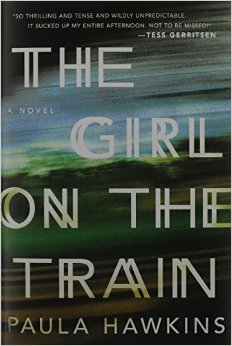Fatal Flaw (Hamartia)
Said's fatal flaw is that he is unable to forgive all those who he feels have wronged him in some way. As with all tragic heroes, Said's fatal flaw is what ultimately leads him to demise as he begins a rapid downward spiral. His quest for revenge is unstoppable as Said actively makes his situation worse. This insatiable thirst for revenge is evident directly from chapter 1 as Said's inner monologue revealed that "The hour was coming when he would confront them, when his rage would explode and burn, when those who had betrayed him would despair unto death, when treachery would pay for what it had done." Had he simply forgiven or at least moved on from Illish and Nabawiyya, his dark fate could have easily been avoided.
Displays of Excess Pride (Hubris)
Throughout the novel, Said holds firm to the belief that he is always right no matter what. However, as we've discussed in class this perception of reality is most likely highly skewed. Said is always quick to critique others however, he is unable to find fault in himself or his own actions. This becomes evident in his discussion when he asks Rauf, "Hasn't your conscience bothered you even in the dark?" He's quick to judge Rauf without taking into consideration the fact that he's been a thief his entire life and is plotting to murder a man. Furthermore, he only blames others for his downfall without examining his own role in it.
Reversal of Fortune (Peripeteia)
Within the novel, there are many events that could be considered the turning point for Said. However, I believe that the point of no return occurred when Said commits his first murder. In the eyes of Said, "[His] life was finished, spent to no purpose; he was a hunted man and would be to the end of his days." From this point onward, Said's misfortune increases rapidly as he continues down the dark road of revenge.
Recognition of Fault and Role in Downfall (Anagnorisis)
In this aspect Said actually deviates from the archetypal structure of the tale of the tragic hero. Normally, a tragic hero eventually experiences an epiphany in which they realize that their downfall is ultimately their own fault. However, Said never realizes that everything that has happened to him was due to his never-ending quest for vengeance. He dies still believing that all the unfortunate events in his life have been a result of the actions of others or simply some twisted form of fate.
Fate (Nemesis)
From a certain perspective it could truly be argued that Said'd fate is quite fair in comparison to the pain he inflicted on others as he ended up murdering two innocent people. Typical tragic heroes are often introduced as highly respectable and noble characters. However, Mahfouz begins the novel by making it clear that Said is certainly not on any pedestal. For this reason its hard to convince the reader that his fate was truly greater than what was deserved.









0 comments:
Post a Comment